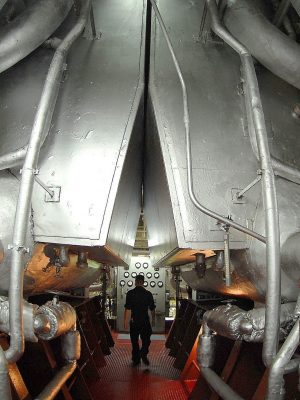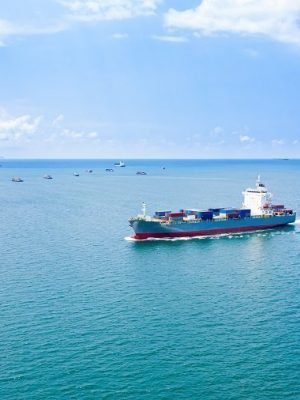Administration and Operation

Refueling operation is a series of liabilities. The operating procedures recognized by the Safety Management System must be strictly followed during physical bunker operations. Otherwise, there are significant costs, penalties, loss of life, time and property.
Causing these situations may result in criminal jurisdiction and execution in some countries. Persons and institutions that are deemed not guilty are affected by chaining.
All players have realized that the product, which is taken from the fictive warehouses and delivered to ships with precision, is seen as a threat to environmental pollution.
In this regard, the “International Convention on the Prevention of Pollution of the Seas by Ships” (MARPOL Convention), which is one of the contracts signed in order to prevent the vessels from polluting the seas, is an explanatory and obligatory liability. It should give utmost importance to the environmental protection factor from the initial stage of the refueling operation to the stage where it is supplied to the ship. Refueling procedures should be followed precisely, and any contaminated waste and leakage from the ship, oil, fuel, liquid or solid, contaminated waste and leakage should not be allowed to be transmitted to the marine environment. Occupational safety supports our sensitivity in this regard.
Local regulations on occupational safety and health must be fully complied with. All officers must have understood the importance of working with a dangerous substance and must be trained in this regard. Accidents are prevented by the availability of the necessary equipment, its use, and regular training programs and seminars. During the refueling operation, the environment, life and property safety are the key factors of modern shipping. The bunker is determined to coordinate its activities with all business partners to respect these factors.




